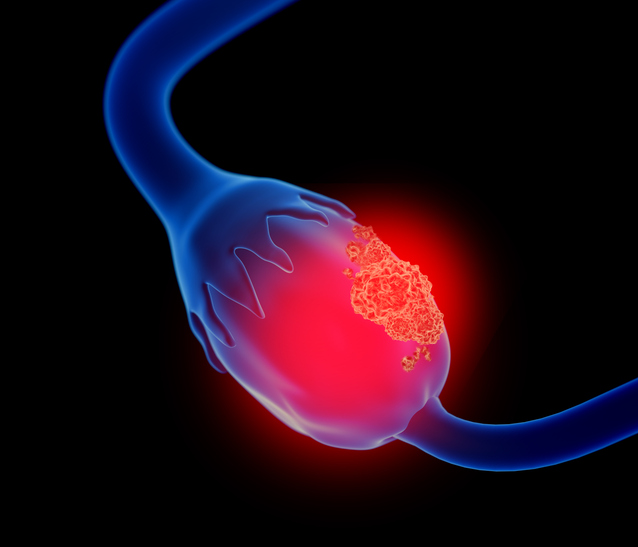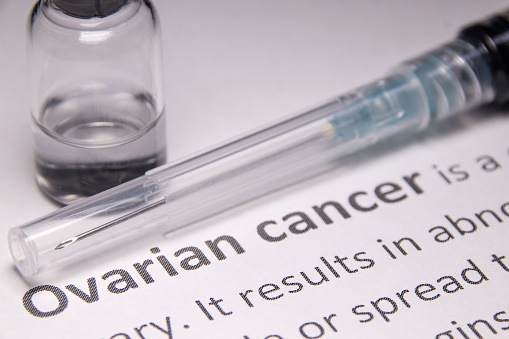
The U.S. Food and Drug Administration (FDA) expanded the approval of Zejula® (niraparib) for advanced ovarian, fallopian tube, or primary peritoneal cancer in patients previously treated with three or more chemotherapy regimens and whose cancer is homologous recombination deficiency (HRD)-positive. Niraparib is an oral poly ADP ribose polymerase (PARP) inhibitor.
The FDA also approved the Myriad myChoice CDx companion diagnostic to measure HRD status to select appropriate patients for niraparib therapy.
Responses observed with niraparib
The FDA’s decision was based on results of the multicenter, open-label, single-arm, phase II QUADRA trial that included 98 patients with advanced HRD-positive ovarian cancer. Patients who previously received PARP inhibitors were excluded. Patients who were BRCA-negative must have progressed at least six months after the last dose of platinum-based therapy. HRD-positive status was determined using the Myriad myChoice CDx as either tumor BRCA mutated (tBRCAm; n=63) and/or a genomic instability score (GIS) ≥42 (n=35). All patients received niraparib 300 mg once daily until disease progression or unacceptable toxicity.
Overall, the objective response rate (ORR) was 24% (95% CI, 16-34); all were partial responses. The estimated median duration of response was 8.3 months (95% CI, 6.5-not estimable).
Among patients with tBRCAm ovarian cancer, the ORR was 39% (n=7/18; 95% CI, 17-64) in those with platinum-sensitive disease; 29% (n=6/21; 95% CI, 11-52) in those with platinum-resistant disease; and 19% (n=3/16; 95% CI, 4-46) in patients with platinum-refractory disease. The ORR was 20% in those with non-BRCA mutation, GIS-positive, platinum-sensitive disease (95% CI, 8-37).
Adverse events (AEs) that resulted in dose reductions or interruptions occurred in 73% of patients receiving niraparib. The most common AEs leading to dose reduction or interruption included thrombocytopenia (40%), anemia (21%), neutropenia (11%), nausea (13%), vomiting (11%), fatigue (9%), and abdominal pain (5%).
Niraparib was previous approved by the FDA as maintenance therapy of women with recurrent epithelial ovarian, fallopian tube, or primary peritoneal cancer who are in complete or partial response to platinum-based chemotherapy.







 © 2025 Mashup Media, LLC, a Formedics Property. All Rights Reserved.
© 2025 Mashup Media, LLC, a Formedics Property. All Rights Reserved.